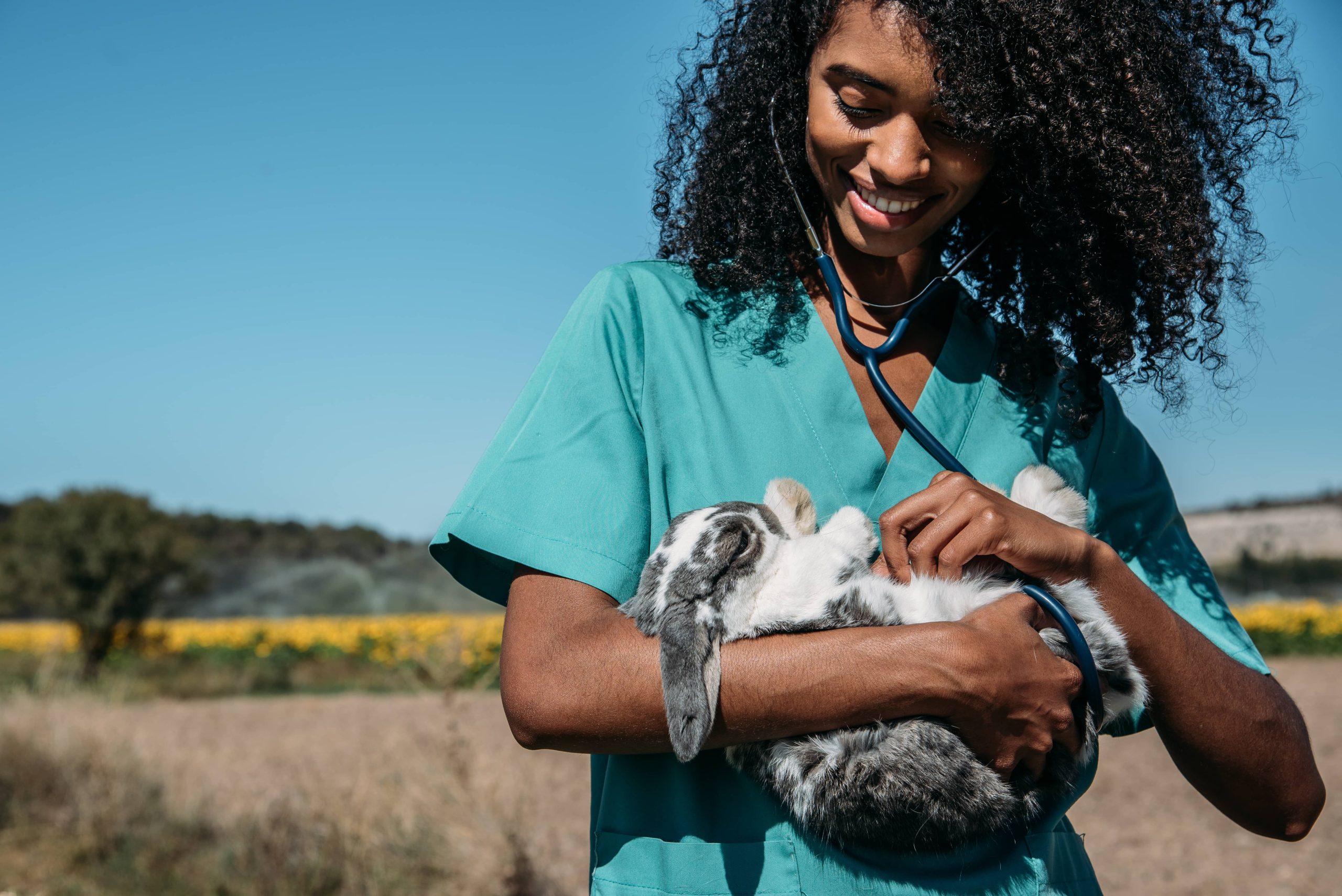
As our cherished furry friends grow older, they require a little extra care and attention to ensure they remain healthy and happy. Aging pets, much like aging humans, face a variety of health challenges that need to be addressed with love, patience, and knowledgeable intervention. For pet owners, it can be emotionally challenging to see their once energetic puppy or kitten start to slow down, but there are many ways to help senior pets enjoy their golden years. In this post, we’ll explore essential senior pet care tips that you can use to support your aging pets.
Understanding the Aging Process
First and foremost, it’s crucial to understand what happens as pets age. Just like humans, pets become more prone to various health issues with advancing age, including arthritis, dental problems, vision and hearing loss, and cognitive decline. Recognizing the signs of aging and being proactive about their care can significantly enhance their quality of life.
Regular Veterinary Check-Ups
One of the most important steps in caring for a senior pet is ensuring regular veterinary check-ups. As pets age, their immune systems weaken, making them more susceptible to illnesses. Regular vet visits can help catch any potential problems early on. Typically, it is advised to have bi-annual check-ups for senior pets. During these visits, your vet can conduct a thorough examination, run blood tests, and discuss any changes in behavior or physical condition that you have observed.
Proper Nutrition
Nutrition plays a vital role in the health of aging pets. Ensure that you are feeding your senior pet a diet that meets their changing nutritional needs. Senior pet foods are specially formulated with lower calories, higher fiber, and other essential nutrients to support aging bodies. Work with your vet to determine the best diet plan for your pet, taking into consideration any specific health issues like kidney disease or diabetes which may require dietary changes.
Weight Management
Keeping your pet at a healthy weight is crucial, as obesity can exacerbate many health problems, including arthritis and heart disease. Monitor your pet’s weight regularly and adjust their diet and exercise routine accordingly. Portion control is key, and avoiding high-calorie treats can make a significant difference. Engage in moderate exercise activities suitable for your pet’s condition, such as gentle walks for dogs or interactive play sessions for cats.
Comfort and Mobility
Arthritis is a common condition in older pets, and ensuring their comfort is essential. Provide your pet with a comfortable sleeping area, preferably a bed designed for orthopedic support. Consider using ramps or steps to help them get onto furniture or navigate stairs if they have mobility issues. Non-slip mats can also be helpful for pets that have trouble moving on hardwood or tile floors.
Dental Care
Dental problems are frequently overlooked in senior pets, but they can lead to significant health issues, including heart disease. Regular dental check-ups and cleanings are essential. At home, you can support your pet’s dental health by brushing their teeth with pet-specific toothpaste, offering dental chews, and providing toys that promote oral hygiene.
Mental Stimulation
Cognitive decline, such as Canine Cognitive Dysfunction (CCD) in dogs, can affect pets just like dementia in humans. It’s important to keep their minds active and engaged through mental stimulation. Puzzle toys, interactive feeders, and training sessions can help maintain cognitive function. Spend time playing games that challenge their brain, and keep their environment rich with new scents and sounds to explore.
Pain Management
Aging pets may experience chronic pain due to arthritis or other conditions. Work with your vet to create an effective pain management plan. This may include medications, supplements like glucosamine and chondroitin, acupuncture, physical therapy, or laser treatments. Observing your pet for signs of pain, such as limping, restlessness, or changes in appetite, is crucial for proactive pain management.
Grooming and Hygiene
Regular grooming is essential for senior pets, as their skin can become more sensitive and their coats may require more attention. Brush your pet regularly to prevent matting and to stimulate circulation. Pay special attention to their nails, as they may not wear down as quickly and could cause discomfort if overgrown. Keep an eye on their ears and eyes for any signs of infection or other issues.
Hydration
Older pets may be prone to dehydration, so ensure they have constant access to fresh water. Monitor their water intake, and if you notice any significant changes, consult your vet. Increased thirst can sometimes signal underlying health issues like kidney disease or diabetes.
Emotional Care
Aging can be just as stressful for pets as it is for humans. Provide plenty of love, attention, and reassurance to your senior pet. Stick to a consistent routine, as predictability can provide comfort. Monitor their behavior for signs of anxiety or depression, and spend quality time with them, providing affection and companionship.
Conclusion
Caring for a senior pet requires dedication and a proactive approach to ensure their health and well-being. By following these senior pet care tips, you can help your furry friend enjoy their later years with comfort and joy. Remember, the key to successful senior pet care is regular veterinary visits, proper nutrition, pain management, and plenty of love and attention. With the right care, your aging pet can continue to be a beloved member of your family for many years to come.






